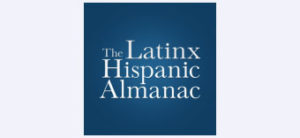Francisco de Miranda and George Washington 1783
A historical link between two revolutionary generations, one from North America and the other from South America, was formed when Francisco de Miranda and George Washington met face to face on a cold, wintry day in Philadelphia. The Venezuelan-born Miranda was later a key influencer in the rebellions against the Spanish. Washington had recently disbanded the Continental Army and was celebrating the victory of the American rebels over the British. Miranda was traveling through the new nation. Miranda wrote of Washington, “It is certainly remarkable that, considering the many illustrious personages in America who through their vigor and talents have accomplished the great and complicated work of this independence, none have either a general approbation of the popularity of this leader (better said, nobody has it but him).”
Un vínculo histórico entre dos generaciones revolucionarias, una de América del Norte y la otra de América del Sur, se formó cuando Francisco de Miranda y George Washington se encontraron cara a cara en un día frío e invernal en Filadelfia. Miranda, el líder venezolano fue considerado el “George Washington de América del Sur”. Washington había disuelto recientemente el Ejército Continental y estaba celebrando la victoria de los rebeldes estadounidenses sobre los británicos. Miranda viajaba por la nueva nación. Miranda escribió sobre Washington: “Es ciertamente notable que, considerando los muchos personajes ilustres de América que a través de su vigor y talento han logrado el gran y complicado trabajo de esta independencia, ninguno tiene una aprobación general de la popularidad de este líder (mejor dijo, nadie lo tiene excepto él) “.




